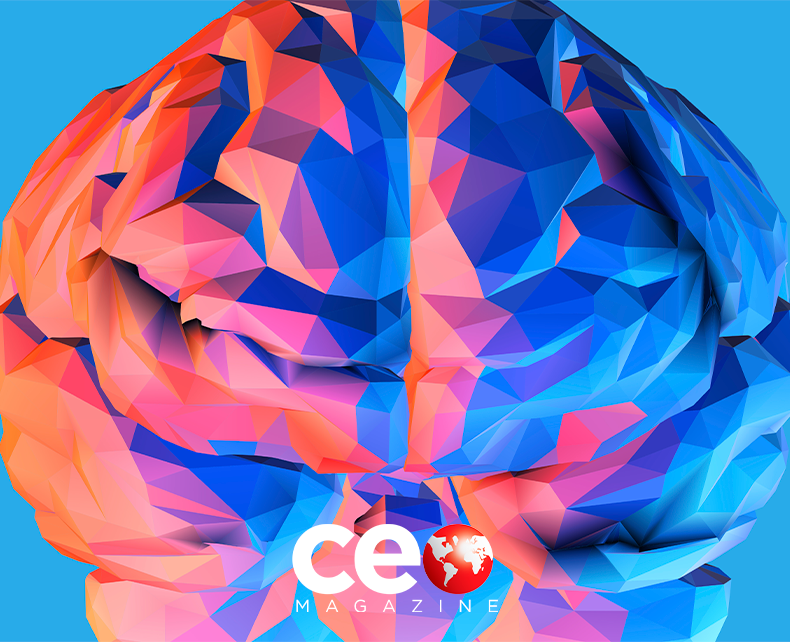Six Predictions for Learning and Development in 2019
MBA Blog / 10th January 2019
The annual look by Financial Times | IE Business School Corporate Learning Alliance (www.ftiecla.com) at what’s going to be hot in learning and development (L&D) in the year ahead focuses, perhaps inevitably, on the continuing impact of all things digital.
The difference we’ve been seeing over the last 12 months is the maturing of digital approaches to learning in terms of design and delivery. Investment in L&D technology is focusing increasingly on personalised learning, supplanting the once-fashionable grand initiatives. RIP MOOCs?
We believe there will be plenty of investment money looking for a home in the learning sector around the world. Here’s our list of what we think will be the driving forces in executive development in 2019.
- Where artificial intelligence is concerned, watch for smart vendors of online learning materials and systems integrating with the technology giants. For example, Valamis Group – formerly Arcusys – (an enterprise software company headquartered Finland, which has developed software used in the corporate and academic sectors for online learning) is partnering with IBM Watson to make learning more personalised.
- Mobile learning is going to be key for middle management training in 2019. As smartphones become more powerful – and screens larger – this front-end of personalised learning will take some of the heat from L&D departments and hand greater control to end-users. The key to making this self-paced software work, where arguably MOOCs failed, is through the introduction of much smarter measurement systems. Which leads us to our third prediction …
- Impact measurement’s time has come. Everyone, including FT | IE Corporate Learning Alliance itself, has long been predicting that on-the-job and post-learning programme measurement will revolutionise the sector. This year, we will begin to see learning integrating more cleverly with data diagnostic systems to create measurable, meaningful, learner-centric data. This data can be used to assess the effectiveness and value of L&D activities on an individual learner basis as well as on a strategic, organisational level.
- Serious play is gaining ground in the corporate sector as companies recognise its value in learning. The global corporate segment now has the highest annual growth rate for serious games. And, from market research published by Metaari, revenues are predicted to more than quadruple by 2023.
- As digital disruption increases the pace of change in organisations, leaders need to adapt. But will the fundamentals of leadership change? Despite everything that technology can deliver, the principles of leadership will remain the same as ever. The keys to authentic leadership are still based on challenging processes, inspiring a vision and enabling others to act.
- Maybe 2019 won’t be the year that blockchain comes of age in L&D. Nonetheless, blockchain is a technology that is fast coming down the track. The equivalent of fairy dust (according to the Financial Times), blockchain – or the ‘technology of trust’ and the ‘internet of value’ – has the potential to transform the world, including L&D, as profoundly as the internet did with distributing information. Wait for our predictions for 2020!






